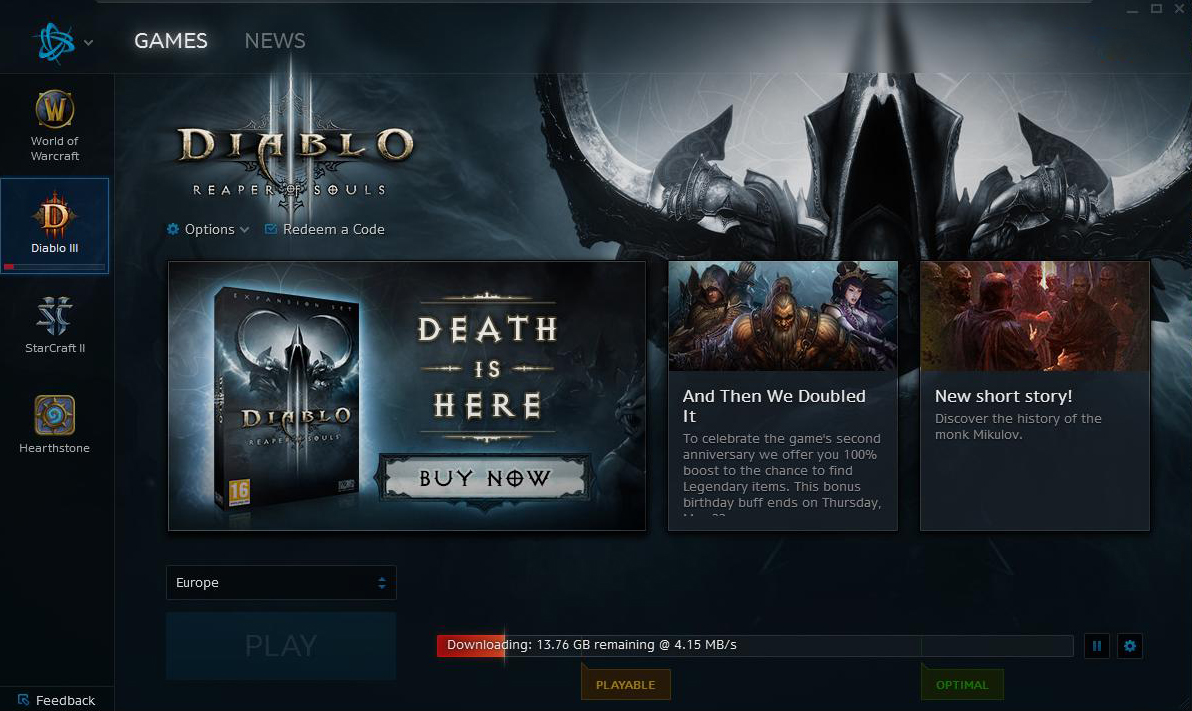First discovered by SteamDB member Pavel Djundik, the recently published patent by Valve was originally filed for in March last year. It detailed a new system, which the document referred to as “instant play”, that enables Steam to track read operations performed by the executable (or exe) file of a given game, in order to draw a map of what and how often data is being accessed. Using this information, the platform is able to prioritise downloading certain files that are required to launch the game, without having to wait for the entire process to be completed.
This feature does not require game developers to change anything. — Pavel Djundik (@thexpaw) September 21, 2021 Such approaches are not entirely new as some video game titles, such as EA’s Star Wars: Battlefront and various games offered on Blizzard’s Battle.net, have included play-while-download features before. And on a related note, Google also previously revealed plans to include a similar feature for Play Store via its upcoming Android 12 mobile platform. Interestingly enough, Valve had actually introduced an earlier version of this system back in 2015 during the launch of Mortal Kombat X, which allowed users to play a small portion of the game after downloading 3GB worth of necessary data while the rest are still being transferred. However, it had caused a number of instabilities, causing the game to be unplayable after the download was completed. As a result, the feature was pulled out of Steam not long after and never reused for any other titles. Aside from featuring improvements over its failed predecessor, Valve’s updated “instant play” system is detailed to also come with other useful functions. According to the patent, it could also help Steam to remove unused files without compromising the integrity of a given game, which could help free up some space on the user’s system. Furthermore, this could even help to pre-fetch certain files to reduce latency while loading. It is not known when Valve plans to debut the new “instant play” feature to its Steam platform. And as usual for most patents, let’s also not disregard the possibility that the feature might not see the light of day. But should this become a reality in the end, we certainly hope it would not repeat the same mistakes caused by its predecessor. (Source: FPO via Pavel Djundik)
